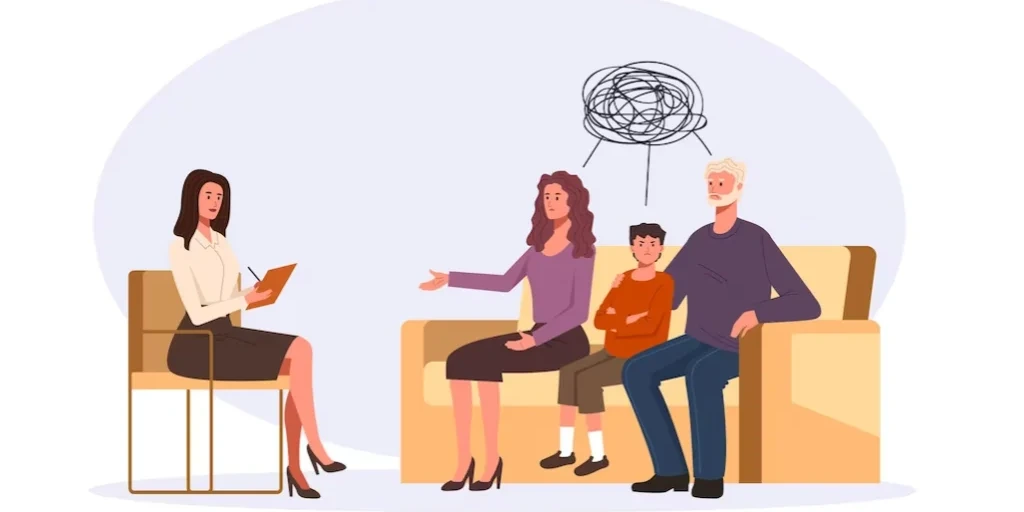24/7 Helpline:
(866) 899-221924/7 Helpline:
(866) 899-2219
Learn more about PTSD Treatment centers in Bibb County

Other Insurance Options

Absolute Total Care

WellPoint

American Behavioral

BlueShield

Highmark

Multiplan

Premera

GEHA

Sliding scale payment assistance

Kaiser Permanente

Medical Mutual of Ohio

Ceridian

Covered California

EmblemHealth

Molina Healthcare

UMR

BHS | Behavioral Health Systems

Access to Recovery (ATR) Voucher

Group Health Incorporated

Providence

Piedmont Counseling Services
Piedmont- Behavioral Health in Macon, Georgia provides mental health services to assist adults with ...

River Edge Behavioral Health
River Edge Behavioral Health provides comprehensive mental health care and addiction recovery servic...

Community Development Systems
Community Development Systems is a private counseling clinic located in Macon, GA. Community Develop...

Trinity Treatment Center
Trinity Treatment Center is a private rehab located in Macon, Georgia. Trinity Treatment Center spec...

River Edge Recovery Center
River Edge Recovery Center, in Macon, Georgia, is a comprehensive, 12 step-focused drug and alcohol ...



























Lake Bridge Behavioral Health System
Lake Bridge Behavioral Health System is a private rehab located in Macon, Georgia. Lake Bridge Behav...

River Edge Behavioral Health – LifeSPRING
River Edge Behavioral Health–LifeSPRING, in Macon, Georgia, is a drug and alcohol rehab for women. T...

Hephzibah Behavioral Health Services
Hephzibah Behavioral Health Services is a non-profit rehab located in Macon, Georgia. Hephzibah Beha...

HealthQwest Frontiers
HealthQwest Frontiers - Northwoods Plaza offers outpatient treatment for individuals with alcohol an...

Alano Club
Alano Club is a non-profit rehab located in Macon, Georgia. Alano Club specializes in the treatment ...

Coliseum Center for Behavioral Health
Coliseum Center for Behavioral Health in Macon, Georgia provides mental health services to assist ad...

AA – Alcoholics Anonymous
AA – Alcoholics Anonymous is a non-profit rehab located in Macon, Georgia. AA – Alcoholics Anonymous...

Turning Point Recovery Centers
Turning Point Recovery Centers strive to improve the quality of life in the individual and community...

Better Choices
Better Choices is a private rehab located in Macon, Missouri. Better Choices specializes in the trea...


























